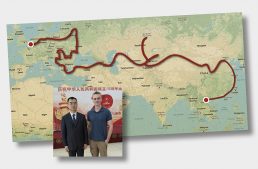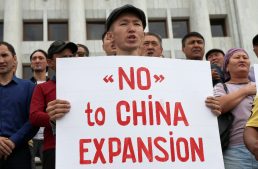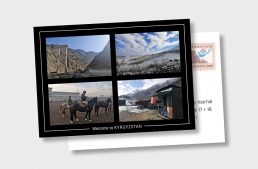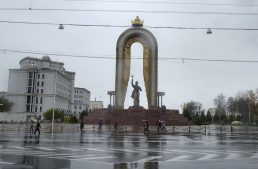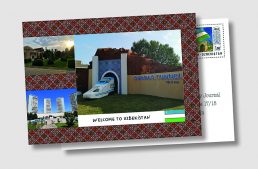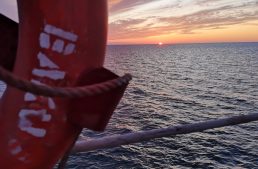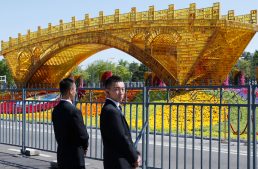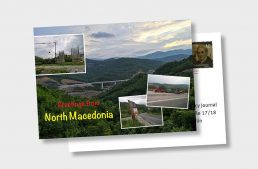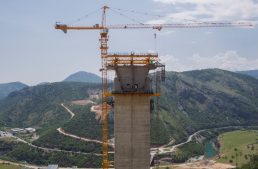Jacob Mardell travels from Brussels to Beijing via central and eastern Europe, the Balkans, Turkey, the Caucasus, and Central Asia to investigate the state of play of China’s Belt and Road Initiative.
A Romantic Name for China’s Economic Might
As our author completes the overland part of his long journey, he reflects on what he has learned about the BRI.
Fear of the Middle Kingdom in Central Asia
Governments like to talk up the cooperation between China and Central Asian states. But the Sinophobia in Kyrgystan and Kazahkstan is very real. “They …
Postcard from the New Silk Road: Routes of Escape
Chinese engineers and workers on Belt and Road Initiative projects often spend many months away from their families. In Kyrgyzstan, however, some see a …
China in Tajikistan: Corrupt, Risky, but Desperately Needed
Some Tajikistani businessmen estimate that only 5 percent of the Chinese money ends up in the hands of the Tajikistani people. But that hasn’t reduced their appetite to work together.
Postcard from the New Silk Road: A Morning Drink with the Turbine Engineer
Uzbekistan’s Kamchiq tunnel is a model project for China’s
Belt and Road Initiative.
On the “Middle Corridor,” China Is Largely Absent
In the South Caucasus region, Beijing is playing a waiting game.
A Bridge Bid Too Good To Be True
A Chinese firm won a bid to build a bridge meant to “safeguard Croatia’s territorial integrity.” European construction companies say they can’t compete against …
Postcard from the New Silk Road: Another Belt and Road Port?
Planned as a Euro-Atlantic project, a new deep-sea harbor in Anaklia on the Georgian Black Sea coast made a lot of sense. With the US investor pulling out, will Tbilisi now turn to easy Chinese credit?
Postcard from the New Silk Road: A Highway to Nowhere
Eating hot pot in the North Macedonian mountains, a group of Sinohydro workers is roughing it.
A Road that Divides as Much as It Connects
The Bar-Boljare highway is welcomed by some, but for many here its costs are too high.
From Brussels to Beijing and Back
The Eurasian supercontinent is being rebuilt, and Jacob Mardell is sharing his front row seat to that process with Berlin Policy Journal. His journey along the New Silk Road is an exercise in slow travel—roughly 60,000 kilometers from Brussels to Beijing and back again, by road, rail, and cargo ship. The purpose is to explore the physical infrastructure that makes up China’s Belt and Road Initiative, arguably the most important story of the 21st century. By talking to those whose lives are affected by developments on the ground, his dispatches will contribute to a better understanding of how connectivity on our continent is evolving.
The author
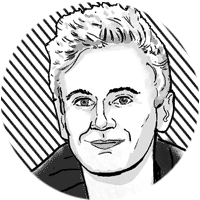
Jacob Mardell is following China’s Belt and Road Initiative (BRI) across Europe and Asia. Traveling overland and returning via cargo ship, he will be exploring Chinese-built infrastructure projects and talking to those affected by developments on the ground. Mardell holds a Master’s degree in Chinese Studies from the School of Oriental and African Studies (SOAS) in London and spent a year studying Chinese at Zhejiang University of Finance and Economics in Hangzhou. He also works for the Mercator Institute for China Studies (MERICS) in Berlin, researching the Belt and Road as part of MERICS’ BRI Tracker project.

